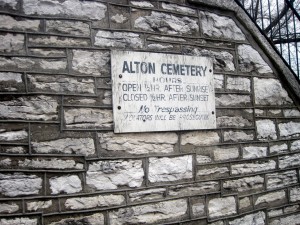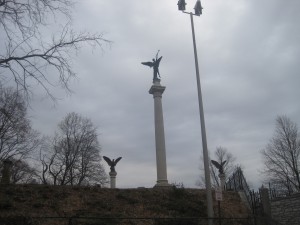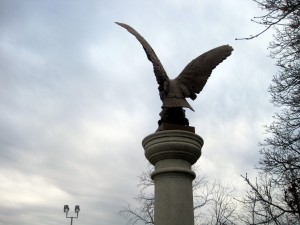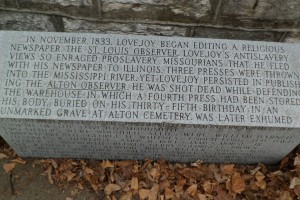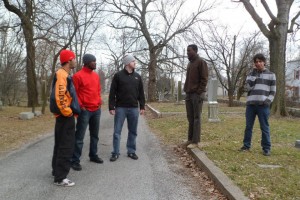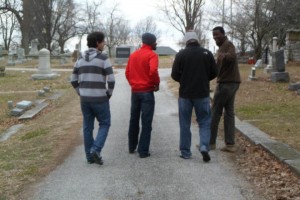Evenings come with breeze, silence and dust. Across the sky are slivers of brown rustiness finally settling on the town after a long day’s work. A road passes in front of the wooden shack where men young and old sit down to banter in merriment, often with their shirts off. The women sit in groups petting children. When darkness falls and all that lights the day is the moon up in the sky, voices move up and down in modulations that carry the weight of their vain deliberations.
 The village is a study of contrasts. On the one side of it is a sprawling mass of huts covered with brown rusted roofs. In the middle of this side of town, also called Aba, was the Christ Apostolic Church – perhaps the only modern building there. Aba burns the eyes with the brown of its thatched huts and of its children’s feet. In a bustling afternoon, the sound of goats and chicken compete with the trail of their smell from one street to another up until the foot of the agbalumo tree…
The village is a study of contrasts. On the one side of it is a sprawling mass of huts covered with brown rusted roofs. In the middle of this side of town, also called Aba, was the Christ Apostolic Church – perhaps the only modern building there. Aba burns the eyes with the brown of its thatched huts and of its children’s feet. In a bustling afternoon, the sound of goats and chicken compete with the trail of their smell from one street to another up until the foot of the agbalumo tree…
One hour of traipsing around these edges of the village eventually finds a seven year old boy back at home – a different part of the town. The house overlooks a long equally dusty street that runs from a clinic down to the right hand of the observer to the other part of the village where the barber lives. There is a certain magic in living around here. Grown folks played practical jokes on little children and on each other. A day earlier, on his way back from wandering around the village, he was stopped on the pavement of a certain house where another young boy was being shaven. His head was already bald.
“It’s your lucky day, young man.” A man volunteers. “Stay right where you are. What are you doing around here all by yourself?”
“I was coming from around there. I am going home over there.”
“Why were you staring?”
It is always hard to know where adult conversations were leaning.
“I wasn’t staring. I was on my way home.”
“Like I said, it is your lucky day. All young men your age are being circumcised today.”
What?
“You look frightened. Come closer and sit down here. We’ve been told to go around circumcising all young men like you around town.”
It took a whole minute, then he took off as fast as he could. He never looked back until he got home, panting like a dog. For a long time that evening, he would wonder how grown people managed to make such brutal jokes that seemed at the expense of poor helpless kids scared half to death. And for a longer time after that, he would begin to take a different route home while wandering around the village, but always with a lingering fear that he was not totally out of the grip of mentally bullying elders.
